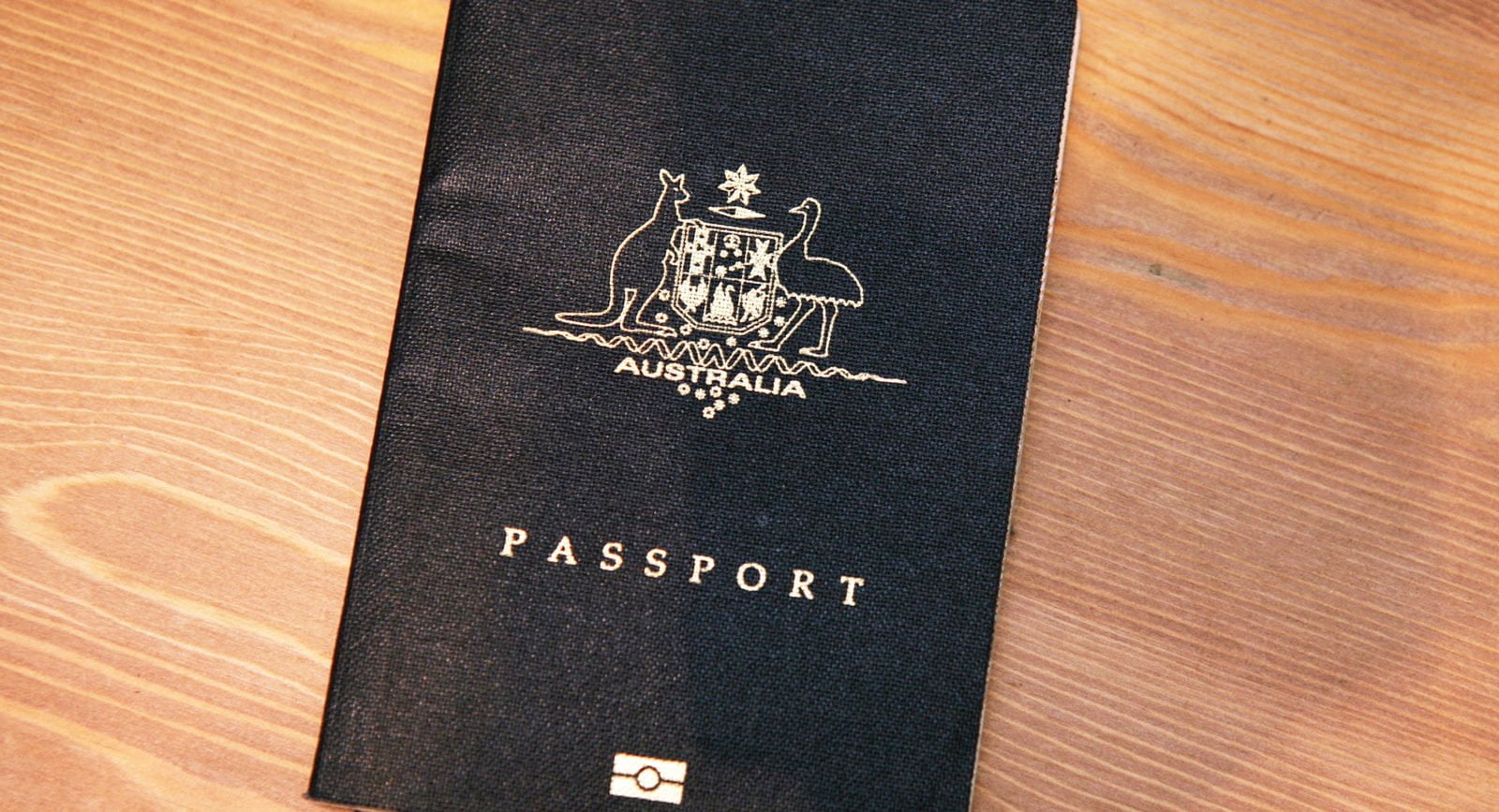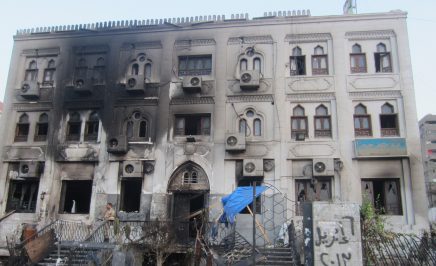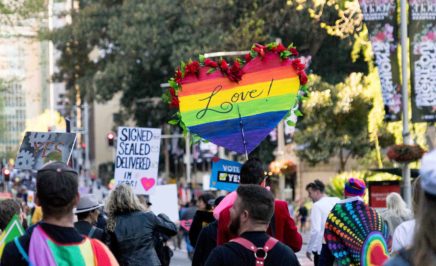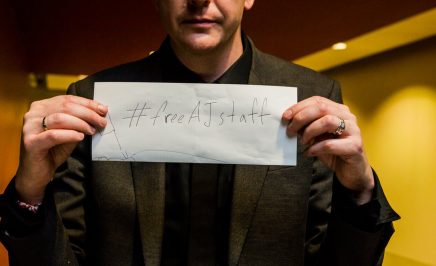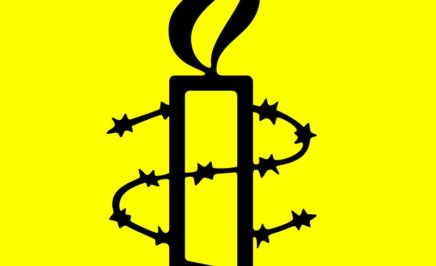On 25 January 2011 thousands of Egyptians gathered in Tahrir Square to demand dignity, social change, freedom, and democracy.
Four years on, after what seemed like a successful uprising, many believe that Egypt is worse than ever.
What happens when peaceful protest becomes illegal?
In 2013, Egypt’s interim government established an anti-protest law preventing people protesting without prior authorisation. This crackdown on dissent has so far led to the arrest of up to 41,000 political protesters.
In January 2014, 18-year-old Mahmoud Mohamed Ahmed Hussein was arrested for wearing a t-shirt with the words “Nation without Torture Campaign” printed on it. Following his arrest, Hussein was tortured with electric shocks to his back, hands and testicles, and forced to confess to terrorism-related activities. He remains in jail without charge or trial.
The Muslim Brotherhood and the Al Jazeera Three
Australian Al Jazeera journalist Peter Greste spent 400 days in a Cairo prison amid false allegations of aiding the Muslim Brotherhood, a religious and political group declared a terrorist organisation by Egypt. Although Greste is now free, he was recently re-tried in absentia and found guilty, alongside his colleagues Egyptian Baher Mohamed and Canadian Mohamed Fahmy. The trio have been sentenced to between three and three and a half years in prison. Their only crime – reporting the news.
The trio have been sentenced to between three and three and a half years in prison. Their only crime – reporting the news.
The AJ3 staff and their lawyers state there was no evidence against them and their sentences are an attack on freedom of the press in Egypt. This unjust verdict sends out the dangerous message that reporting the news and telling the truth in Egypt is not legal and will land you in jail.
When the AJ3 were jailed in 2013, the #FreeAJstaff campaign went viral around the world. However, when Greste was released and deported back to Australia and Mohamed and Fahmy were released on bail, human rights abuses in Egypt began to garner less attention from the international community. Now the AJ3 are back in the spotlight, so are human rights abuses in Egypt. Only now, more international pressure must be placed on the Egyptian Government to uphold the basic human rights of its citizens and ensure freedom of the press.
Egypt, terrorism, and the media
Two weeks ago President Abdel Fattah el-Sisi signed a controversial anti-terrorism bill that will have far-reaching implications for journalists and the media in Egypt. The bill has been established to stop all media channels from contradicting the government’s version of any ‘terrorist’ attack. Exorbitant fines, starting at $25,000, can be imposed on anyone who strays from official statements in their reporting.
Exorbitant fines, starting at $25,000, can be imposed on anyone who strays from official statements in their reporting.
The legislation offers additional protection concerning the legal ramifications for military and police officers who have used force on citizens. The laws vastly expand Sisi’s power and effectively ban the rights to freedom of expression. There is currently no evidence that the Muslim Brotherhood in Egypt has targeted civilians using deadly or serious violence, these are empty allegations. The ‘terrorist’ label has ensured no peaceful Brotherhood activities can take place and is adversely affecting the health, education and safety of Brotherhood members.
What needs to happen?
The first step to fixing the situation in Egypt would be to create an appropriate balance of powers by ensuring a fair and just legal system, independent from the military. With over 41,000 Egyptian ‘dissenters’ detained and sentenced over the last two years, the integrity of judges and public prosecutors has now been thrown into question.
Unfortunately, we can expect more devastating violence from both sides if the government continues to silence the people of Egypt. Sisi should remove the anti-protest laws and allow for freedom of expression, peaceful assembly and association throughout Egypt. The international attention shown throughout the #FreeAJstaff campaign should continue to mount pressure on the Egyptian authorities until the widespread attack on civil liberties in Egypt has ceased.
How do you think Egyptian’s can best voice their opinion without harming their safety and future in the country? Share your thoughts and support for those who have been rendered voiceless in the comments section below.
Feature written by Jessica Rose Heron, an Amnesty International Australia Intern.
